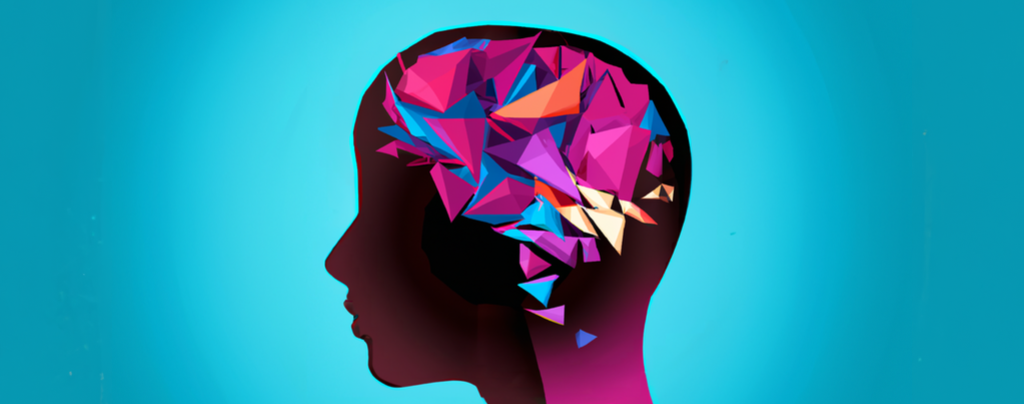The Shard Theory of Human Values
14 Oct 2022

Starting from neuroscientifically grounded theories like predictive processing and reinforcement learning, Quintin Pope and Alex Turner (a postdoc at CHAI) set out a theory of what human values are and how they form within the human brain. In The shard theory of human values published in the AI Alignment Forum, they analyze the idea that human values are contextually activated influences on decision-making (“shards”) formed by reinforcement events. For example, a person’s reward center activates when they see their friend smile, which triggers credit assignment, which upweights and generalizes the person’s thoughts which led to the reward event (like “deciding to hang out with the friend” or “telling a joke”), creating a contextual influence (a “friendship-shard”) which, when the friend is nearby, influences the person to hang out with their friend again. This theory explains a range of human biases and “quirks” as consequences of shard dynamics.
